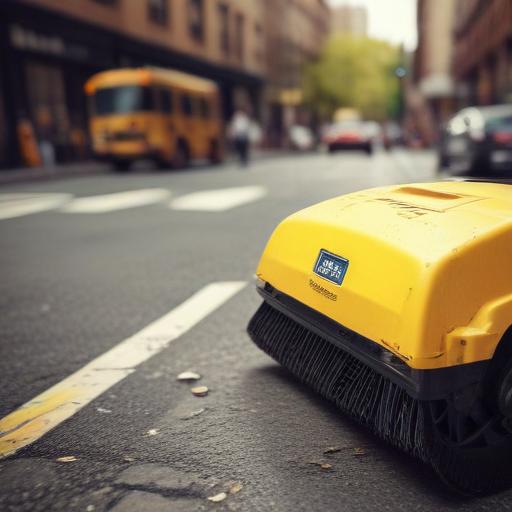New York City is considering a new pilot program that may allow street sweepers to be equipped with cameras to issue fines for alternate-side parking violations. This initiative, supported by Brooklyn City Council Members Mercedes Narcisse and Justin Brannan, targets persistent violators who hinder the Department of Sanitation’s ability to keep streets clean.
The Council’s resolution points out that when vehicles are not moved during scheduled street cleaning, it not only prevents the removal of debris but can also lead to clogged storm drains, exacerbating flooding issues in Brooklyn, particularly during tropical storms.
Lincoln Restler, chair of the Council’s Governmental Affairs Committee, emphasized the importance of the proposal, calling it “common sense.” He noted that the legislation aims to encourage compliance among habitual offenders, which he believes will lead to a cleaner environment and a better quality of life for residents. The proposed system would function similarly to the MTA’s Automated Camera Enforcement program that fines vehicles blocking bus lanes.
Mixed reactions have surfaced among Brooklyn residents regarding the plan. Some residents expressed concerns about how the generated revenue would be utilized, with one Sunset Park resident hoping it goes towards improving city infrastructure rather than just funding ticketing operations. Others expressed strong objections, fearing that the cameras would primarily serve as tools for generating fines rather than promoting compliance.
Data from Restler’s office highlights that a small percentage of vehicles are responsible for a significant portion of violations, underscoring that these repeat offenders are a barrier to street cleanliness. Last month, the Council formally urged state lawmakers to consider advancing the bill, though as of mid-June, it remains pending in committee.
This initiative signifies a potential shift towards greater automation in city governance, aimed at enhancing urban living conditions and effectively managing public spaces. However, it also raises important discussions about the intersection of technology, public policy, and community engagement.
